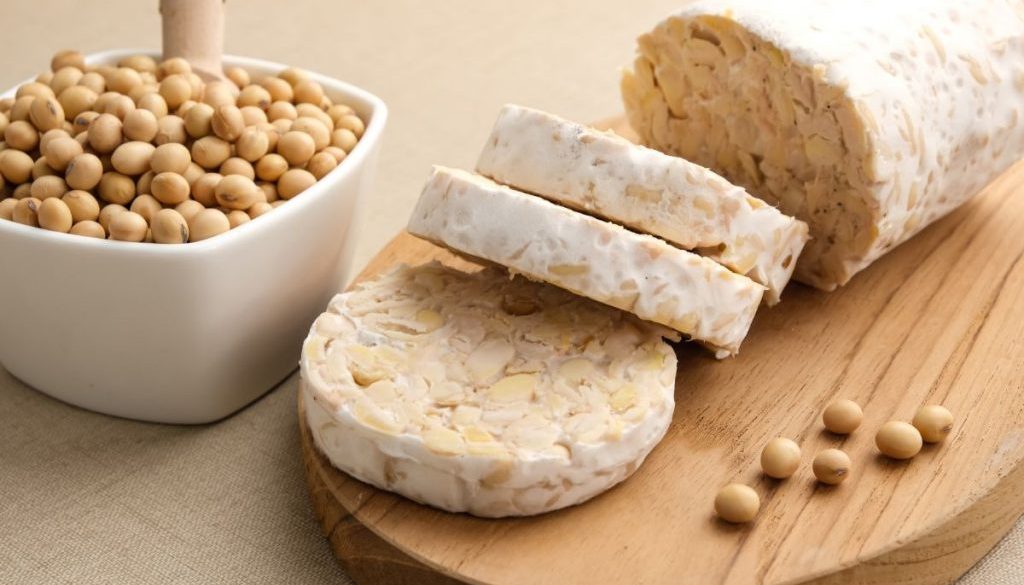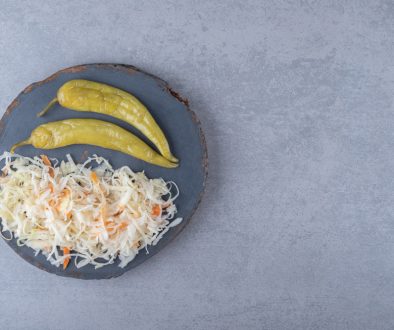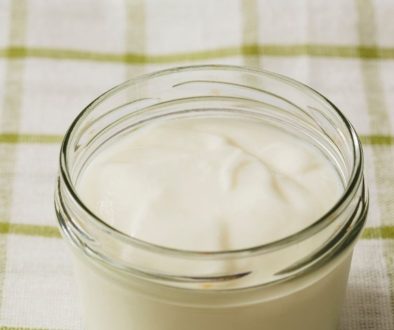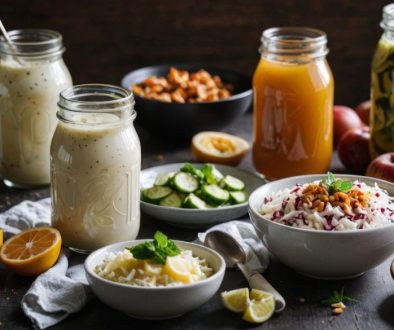Non-Dairy Probiotic Sources: A Guide to Gut Health
Non-Dairy Probiotic Sources: A Guide to Gut Health
Probiotics are beneficial microorganisms that play a vital role in maintaining gut health and overall wellness. While many people associate probiotics primarily with dairy products like yogurt, there are plenty of non-dairy sources available for those who are lactose intolerant, vegan, or simply looking to diversify their probiotic intake. This article explores various non-dairy probiotic sources that can help support a healthy gut.
1. Fermented Vegetables
Fermented vegetables are among the richest non-dairy sources of probiotics. During fermentation, beneficial bacteria thrive, enhancing the nutritional value of the vegetables. Popular options include:
- Sauerkraut: Fermented cabbage that provides a tangy flavor and is rich in Lactobacillus.
- Kimchi: A spicy Korean dish made from fermented vegetables, usually napa cabbage and radishes, packed with various probiotic strains.
- Pickles: Naturally fermented pickles (not vinegar-brined) can be a good source of probiotics, especially if they are made with saltwater brine.
2. Kefir Water
Kefir water is a fermented beverage made from water, sugar, and kefir grains. Unlike traditional dairy kefir, kefir water is dairy-free and contains a variety of probiotic strains, including Lactobacillus and Saccharomyces. It’s a refreshing and hydrating option that can easily be flavored with fruits or herbs.
3. Non-Dairy Yogurt
With the rise in demand for plant-based products, many companies now offer non-dairy yogurts made from almond, coconut, soy, or oat milk. These yogurts are often fortified with probiotic cultures, making them an excellent alternative for those avoiding dairy. Look for brands that specifically mention live active cultures on the label.
4. Miso
Miso is a traditional Japanese seasoning made from fermented soybeans. It’s often used in soups, marinades, and dressings. Miso contains various beneficial bacteria, particularly Lactobacillus, making it a savory source of probiotics. It also provides a rich source of vitamins and minerals.

5. Tempeh
Tempeh is another fermented soybean product that is a great non-dairy source of probiotics. It has a firm texture and nutty flavor, making it a popular meat substitute. Tempeh is rich in protein, fiber, and probiotics, contributing to gut health while providing essential nutrients.
6. Kvass
Kvass is a traditional Eastern European fermented beverage made from rye bread or beets. It is slightly sour and contains beneficial bacteria, particularly Lactobacillus species. Kvass is a refreshing drink that can also be used as a base for soups and salad dressings.

7. Fermented Teas
Kombucha is a popular fermented tea that has gained immense popularity in recent years. Made by fermenting sweetened tea with a SCOBY (symbiotic culture of bacteria and yeast), kombucha is rich in probiotics and antioxidants. There are numerous flavors available, making it a versatile and enjoyable way to consume probiotics.
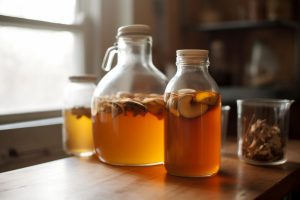
Incorporating non-dairy probiotic sources into your diet can significantly enhance your gut health and overall wellness. From fermented vegetables to plant-based yogurts and beverages, there are plenty of delicious options available. When selecting non-dairy probiotic products, look for those labeled with live active cultures to ensure you’re getting the full benefits of these beneficial microorganisms.

